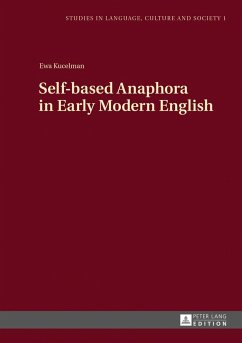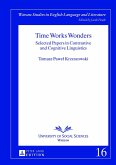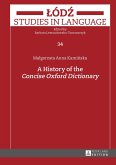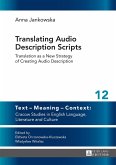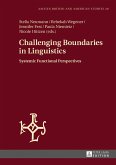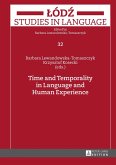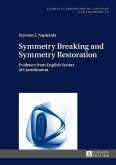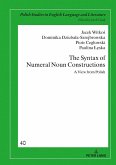This book is a corpus-based study which aims to describe the class of self-pronouns as used in the Early Modern English period. Self-pronouns are presented as a multi-functional class, with two main functions, as emphatic forms and as reflexive markers. The emphatic function is seen as a continuation of an earlier state of affairs, whereas the reflexive function is described as a new, emerging one. As reflexive markers, self-pronouns in Early Modern English compete with personal pronouns. Therefore the book seeks to present the conditions of their distribution ranging from configurational and thematic through discursive to pragmatic factors involved in the choice of the reflexive strategy.
Bitte wählen Sie Ihr Anliegen aus.
Rechnungen
Retourenschein anfordern
Bestellstatus
Storno

